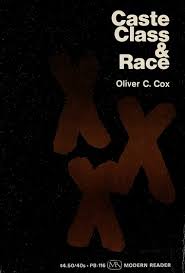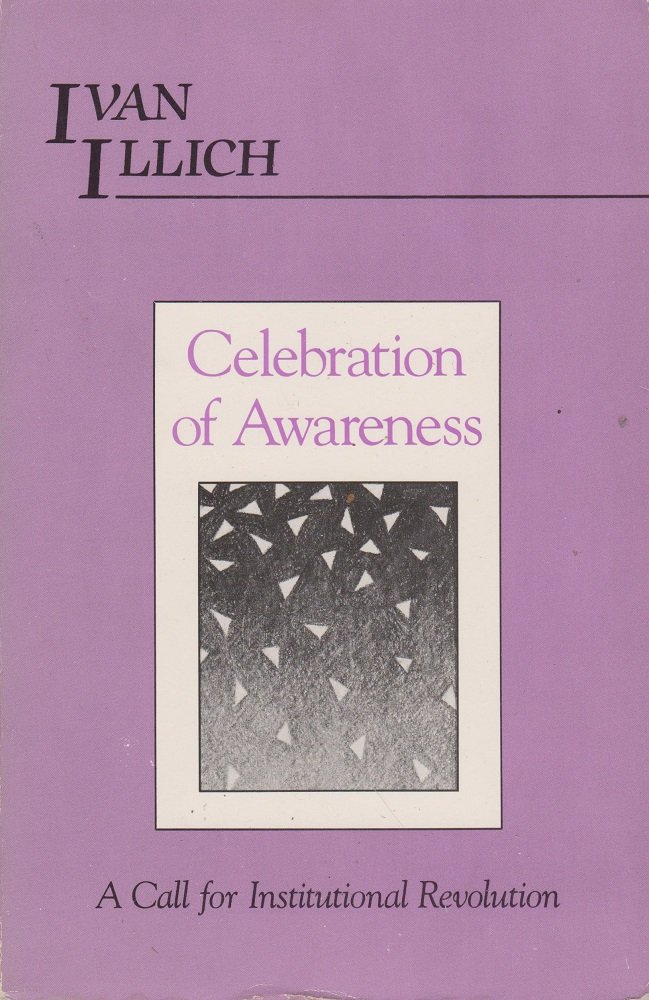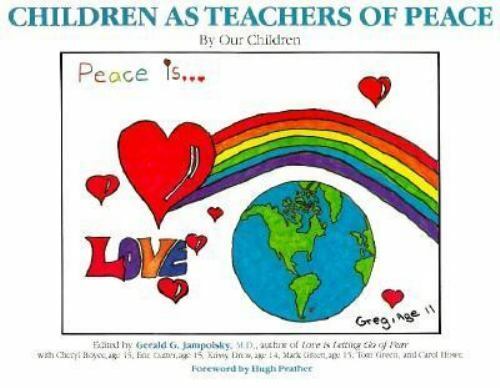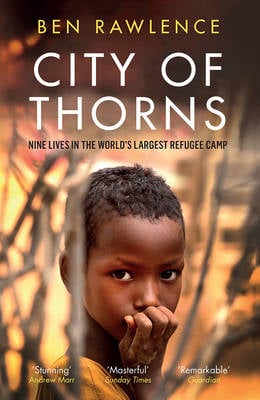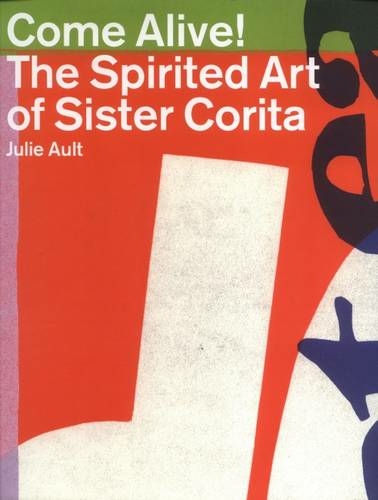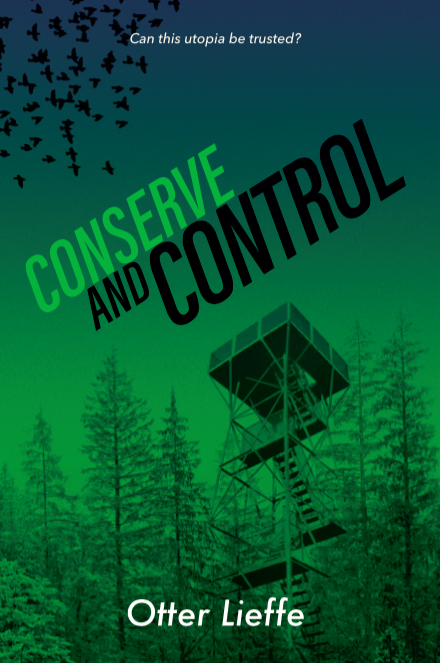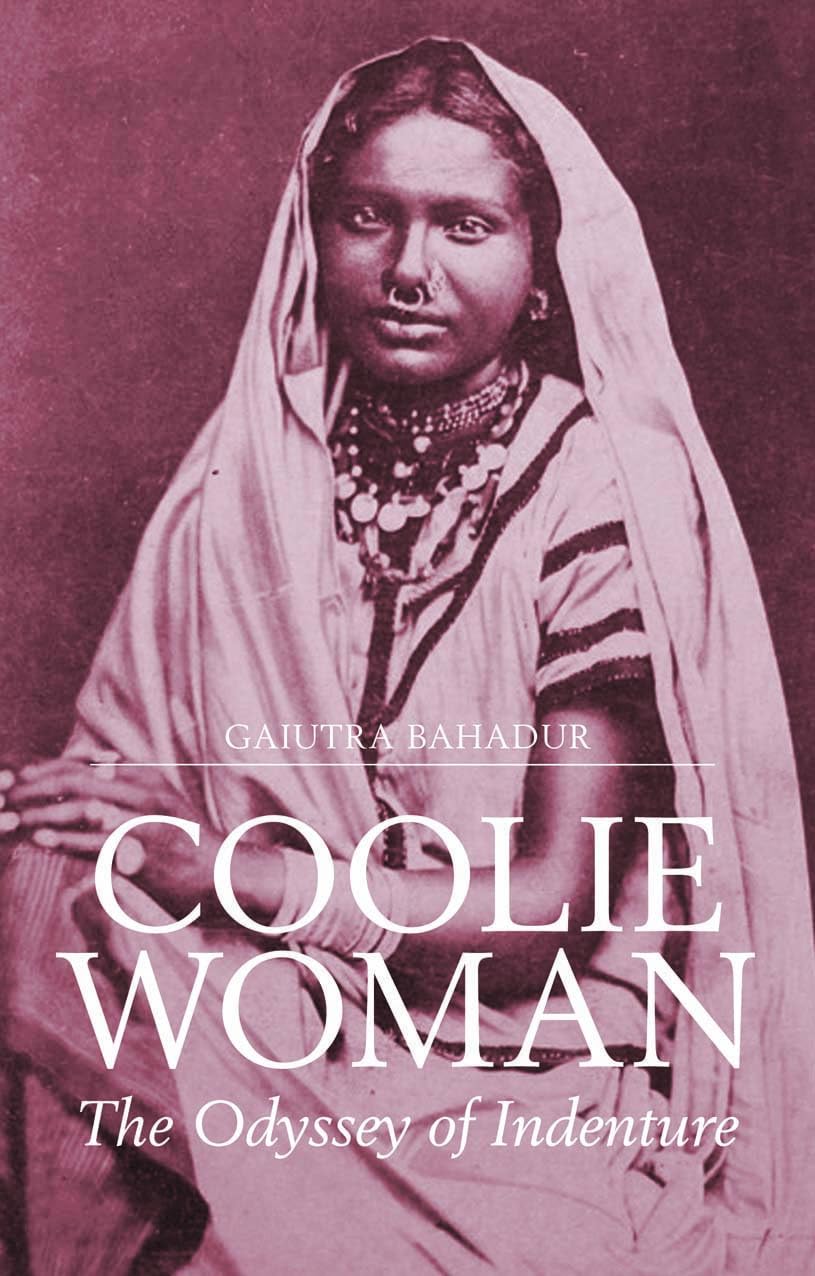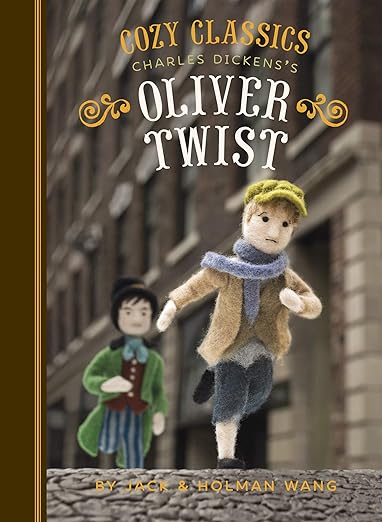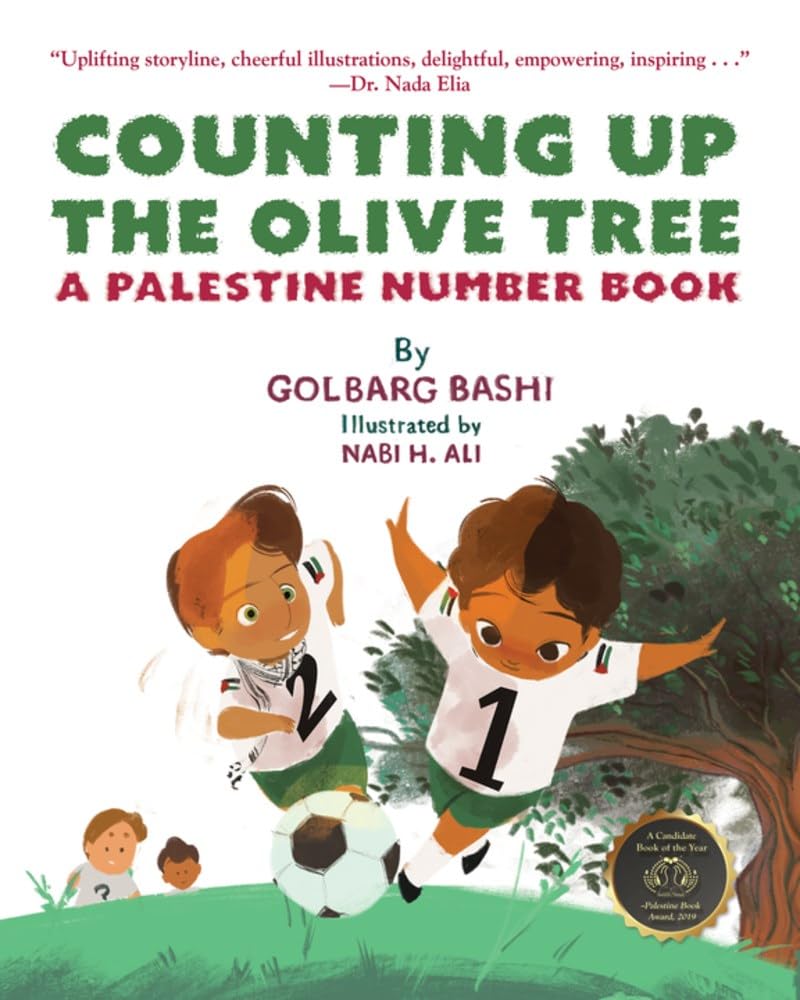A 1948 sociological analysis of the issues of caste, class, and race relations in the United States and the world
As a formidable critic of some of society's most cherished institutions, such as compulsory education and organised religion, Ivan Illich has attracted world attention. His commitment to a radical humanism against conventional institutions and esatablished ideas of social virtue make for compelling, and convincing, reading. This book brings together for the first time many of his lectures and articles bearing out Illich's invigorating challanges to the status quo.
"Challenging Racism" was a course developed by All London Teachers Against Racism and Fascism(ALTARF). ALTARF was a group active in the 1980s that published materials and newsletters to combat racism in schools. Key strategies include openly discussing racial inequality, creating inclusive learning environments, and ensuring that responsibility for challenging racism does not fall solely on Black staff or students.
This book reflects the changes and developments in ALTARFs approach since the late 1970s and points out the way teachers, school students and schools as institutions can develop effective strategies that fundamentally challenge racism.
To the charity workers, Dadaab refugee camp is a humanitarian crisis; to the Kenyan government, it is a 'nursery for terrorists'; to the western media, it is a dangerous no-go area; but to its half a million residents, it is their last resort.
Situated hundreds of miles from any other settlement, deep within the inhospitable desert of northern Kenya where only thorn bushes grow, Dadaab is a city like no other. Its buildings are made from mud, sticks or plastic, its entire economy is grey, and its citizens survive on rations and luck. Over the course of four years, Ben Rawlence became a first-hand witness to a strange and desperate limbo-land, getting to know many of those who have come there seeking sanctuary. Among them are Guled, a former child soldier who lives for football; Nisho, who scrapes an existence by pushing a wheelbarrow and dreaming of riches; Tawane, the indomitable youth leader; and schoolgirl Kheyro, whose future hangs upon her education.
In City of Thorns, Rawlence interweaves the stories of nine individuals to show what life is like in the camp and to sketch the wider political forces that keep the refugees trapped there. Lucid, vivid and illuminating, here is an urgent human story with deep international repercussions, brought to life through the people who call Dadaab home.
Admired by Charles and Ray Eames, Buckminster Fuller and Saul Bass, Sister Corita Kent (1918–1986) was one of the most innovative and unusual pop artists of the 1960s, battling the political and religious establishments, revolutionizing graphic design and encouraging the creativity of thousands of people – all while living and practising as a Catholic nun in California. Mixing advertising slogans and poetry in her prints and commandeering nuns and students to help make ambitious installations, processions and banners, Sister Corita's work is now recognized as some of the most striking – and joyful – American art of the 60s. But, at the end of the decade and at the height of her fame and prodigious work rate, she left the convent where she had spent her adult life. Julie Ault's book is the first to examine Corita's life and career, containing more than 90 illustrations, many reproduced for the first time, capturing the artist's use of vibrant and day-glo colours.
Conserve and Control is written from the margins. Characters who are non-binary, working class, disabled and trans take central place as we are transported to a queer and green paradise that, like all utopias, is not to be trusted.
As a working-class activist and (former) s3x worker, Otter Lieffe brings nuance to the ethics of work, kink, sex and activism. In this, her second novel, she explores what it might mean to really create political change and asks who gets left behind in the process. She invites us to step up and take our place in the struggle and bring our fabulous complexity with us to the front-lines.
*** Shortlisted for the Orwell Prize*** In 1903 a Brahmin woman sailed from India to Guyana as a 'coolie', the name the British gave to the million indentured labourers they recruited for sugar plantations worldwide after slavery ended. The woman, who claimed no husband, was pregnant and travelling alone. A century later, her great-granddaughter embarks on a journey into the past, hoping to solve a mystery: what made her leave her country? And had she also left behind a man? Gaiutra Bahadur, an American journalist, pursues traces of her great-grandmother over three continents. She also excavates the repressed history of some quarter of a million female coolies. Disparaged as fallen, many were runaways, widows or outcasts, and many migrated alone. Coolie Woman chronicles their epic passage from Calcutta to the Caribbean, from departures akin either to kidnap or escape, through sea voyages rife with sexploitation, to new worlds where women were in short supply. When they exercised the power this gave them, some fell victim to the machete, in brutal attacks, often fatal, by men whom they spurned. Sex with overseers both empowered and imperiled other women, in equal measure.It also precipitated uprisings, as a struggle between Indian men and their women intersected with one between coolies and their overlords.
Cuddle up with a classic! In twelve needle-felted scenes and twelve child-friendly words, each book in this ingenious series captures the essence of a literary masterpiece. Simple words and a beloved story make this ebook the perfect vehicle for early learning with an erudite twist. Budding bookworms will delight in this clever retelling of the classics made just for them!
In Charles Dickens's Oliver Twist, an orphan boy on the streets of London falls in with a bad crowd of pickpockets and thieves. Will Oliver ever find his family? It's a first words primer for your literary little one!
The Cozy Classics series is the brainchild of two brothers, both dads, who were thinking of ways to teach words to their very young children. They hit upon the classics as the basis for their infant primers, and the rest, as they say, is history. From Moby Dick to Pride and Prejudice, here are The Great Books of Western Literature for toddlers and their parents in ebook form—a little bit serious, a little bit ironic, entirely funny and clever, and always a welcome read.
After the extraordinary success of P is for Palestine: A Palestine Alphabet Book, Golbarg Bashi teamed up with the gifted artist Nabi H. Ali to publish the second book in the Dr. Bashi Diverse Books Series, namely 'Counting Up the Olive Tree: A Palestine Number Book' — a rhythmic, earth-friendly adventure where little Palestinian football (soccer) players, boys and girls, try to save an olive tree — helping young readers practice counting the numbers!
A new fully illustrated counting 123 book about Palestine, from the author and publisher of the critically-acclaimed P is for Palestine: A Palestine Alphabet Book a bold diverse children's book successfully crowd-fundraised on Launchgood.com!
Counting Up The Olive Tree: A Palestine Number Book is a social justice homage to Bill Martin Jr. and his Chicka Chicka Boom Boom. A legendary classic children’s book we love.

